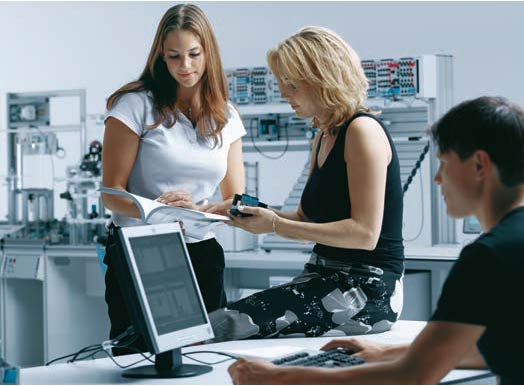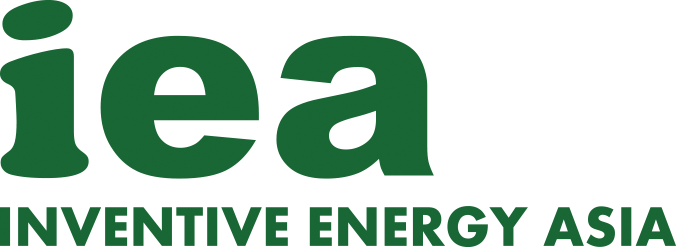Fundamentals of Electric Drives and Electromechanical Systems
Course Objective
To provide participant with the fundamental knowledge and skill on the different electric motors and its application. Participants will also be able to incorporate the motors to the electrical drive units.
Target Group
Maintenance staff, designers, engineers and trainers
Pre-requisites
Basic technical knowledge and able to speak, read and write in basic English & Bahasa Melayu
Duration
3 days

Content
– Introduction to Electrical Motors
- How does an electric motor work?
- Fundamentals
- Output characteristics
– Types of industrial motors:
- DC Motor
- AC Motor
– Stepper Motors
- Introduction
- Variable resistance (VR) stepper motors
- Permanent magnet (PM) stepper motors
- Hybrid stepper motors
- Phases of stepper motors
- Stepping angles of stepper motors
- Advantages and disadvantages of stepper motors – Benefits of stepper motors
- Applications of stepper motors
– Servo Motors
- Introduction
- How servo motors work?
- Brushless servo motors.
- Servo motor controllers.
- Feedback systems.
- Advantages and disadvantages of servo motors – Benefits of servo motors
- Applications of servo motors
– Electric Drives
- Introduction
- Types of electric drives
- Advantages and disadvantages of different drive designs –
- Applications of electric drives
– Complete systems
- Using the different motors with the different drives
- Applications of electric drive systems
– Simulation and practical exercises
